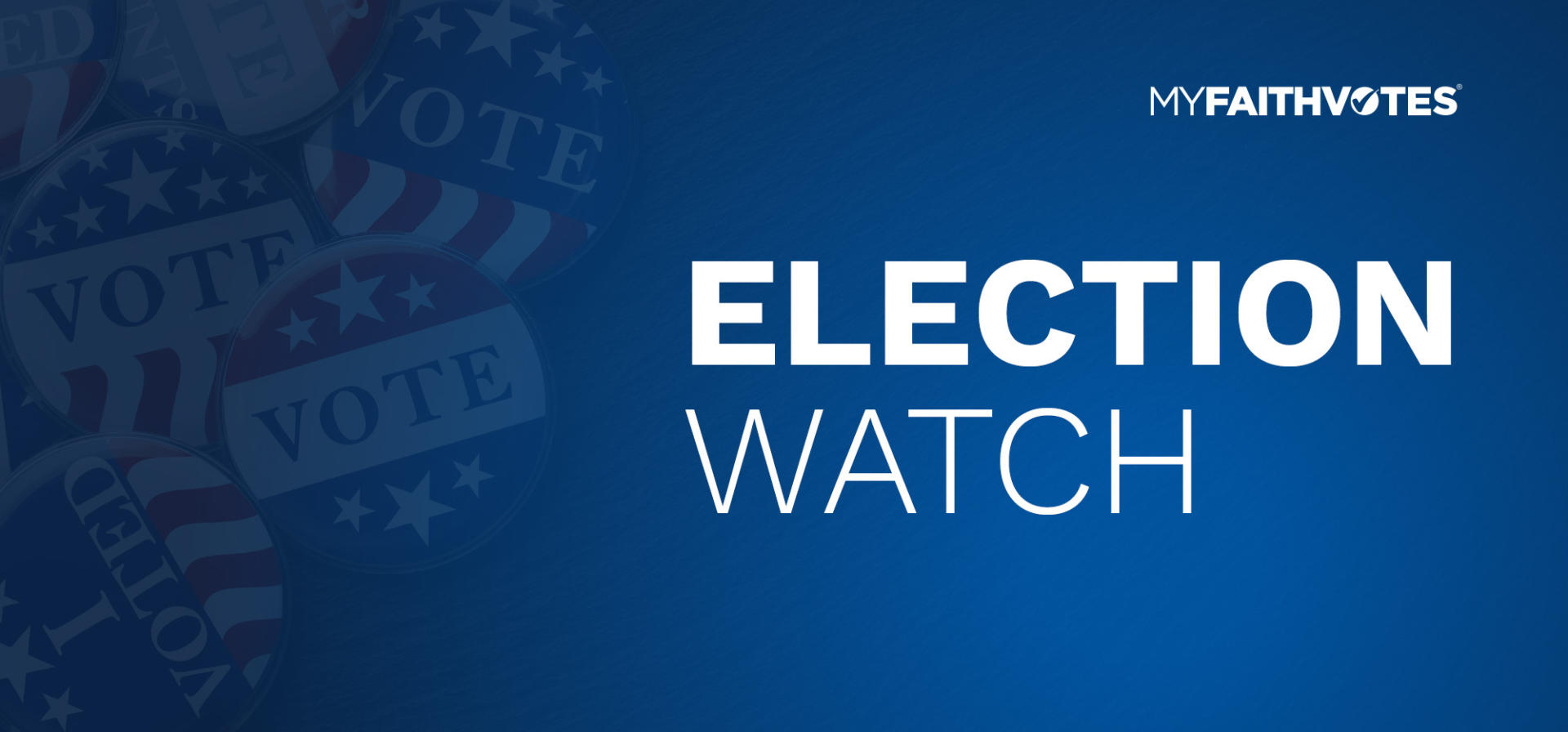
Election Watch - Feb 28, 2020
Bernie Sanders, Super Tuesday, and Contested Conventions
Three states have now voted in the Democratic Party primaries (or caucuses) and we have a clear leader -- Bernie Sanders. It seems we’ve just started, but it could be mostly over in a few days. Or it could drag on all the way to the summer, depending on what happens this week.
The biggest state so far votes Saturday (South Carolina with 54 delegates), and then three days later is Super Tuesday, when 14 states vote at once, including big vote totals in California and Texas. By the end of that night, roughly 40% of the votes will be cast. The most likely outcomes are Bernie Sanders grabbing an insurmountable lead, or a historical twist that could bring chaos.
Bernie Sanders, the 78-year-old senator from Vermont, seems an unlikely choice to win the nomination of a major party. For one thing, he doesn’t belong to a party. He’s an independent, and the longest-serving independent in congressional history, though he does caucus with the Senate Democrats. He’s also a socialist in a land built by capitalism, and an “old white guy” in a party that often prefers anything but. But here he is, leading the pack.
Though an independent, Bernie Sanders speaks for the left-wing of the Democratic party. In fact, GovTrack rates him as the most liberal member of the entire Senate. He supports gay marriage, the Green New Deal, and additional gun restrictions - and he opposes restrictions on abortion as well as religious freedom issues supported by many Christians.
In a sense, Bernie Sanders has always run in a different lane than much of the culture. As a youth, he became fascinated with left-wing causes in the style of socialist Eugene Debs. He graduated college with a degree in political science and then for the next 17 years largely traveled, read, and ran for various public offices. His first full-time job was at age 39 when he was elected mayor of Burlington, VT. He has been active in politics ever since.
At a recent Democrat debate, Mike Bloomberg pointed out that none of the other candidates on the stage have ever started or owned a business. In Bernie Sanders’ case, he hasn’t ever even worked for a business, let alone managed one. There are few Americans with less business experience than Bernie Sanders, yet he has proposed strong measures impacting businesses, including the elimination of all private health insurance companies and taking over the industry.
Though his earnings have come from politics rather than business, Bernie hasn’t proven to be particularly ambitious in that role either. He was first elected to the House of Representatives in 1990 and moved to the Senate in 2006. In all those years, he has authored only three bills that became law. Two of those bills were naming post offices in Vermont.
He regularly speaks against capitalism and billionaires. His greatest passion is socialism and taking money from the wealthy and giving it to the poor. His own campaign website calls out the richest 10% of households in the U.S. and states, “Bernie believes this is unjust and is calling for a downward transfer of wealth..
The causes he champions have not been popular nationwide and so he has had little success in advancing his agenda. Until now perhaps.
Bernie Sanders won two of the first three state primaries and tied in the third. He has a lead in many other states that are about to vote. He is the most likely candidate to receive the Democratic nomination for President. But even if he gets the most votes, he might not win. Here’s why.
As each state votes, the Democratic party divides up the delegates among the candidates rather than giving all the delegates to the winner. Any candidate who gets more than 15% of the vote is eligible to get delegates. Iowa had 41 delegates at stake. Bernie essentially tied for first but got only 12 of those 41 delegates. In New Hampshire, he got 9 of 24.
But in order to win, just finishing ahead isn’t enough. A candidate needs 51% of the delegates (or 50% + 1, technically). It’s tough to get to 51% when four or five candidates are splitting up the delegates state after state. To date, he has 45% of the pledged delegates, largely due to his big win in Nevada.
So, what if no candidate gets 51%? That’s called a contested convention, and that’s where it gets interesting. At the summer convention, after all the states have held their primaries, the delegates vote. But if no one gets a majority the pledged delegates are “released,” and people do whatever they can to entice the delegates from other candidates to join their side and get to a majority.
Anything can happen. Maybe someone is promised a job in the future administration in return for a vote. Maybe someone is offered the vice president position. Maybe Mike Bloomberg opens the checkbook. Maybe Barack Obama flies into town and announces that, in these contentious times, his wife Michelle is the one candidate we can all get behind.
Political junkies dream about contested conventions, wistfully talking about them in online blogs and political meetings. They are the white whale of politics. The most recent was in 1952. The most famous in 1860, when it took three rounds of voting before the brand new Republican party finally settled on a gangly outsider named Abraham Lincoln.
Could it happen this year? It could. But if Bernie Sanders can start racking up big victories and get other candidates to drop out he’ll probably get the majority he needs on the first ballot. But what candidate wants to drop out now, especially if it looks like a contested convention is a real possibility? Several might stay in all the way to Milwaukee in July, splintering the votes all spring.
One last wildcard -- the Democrats use superdelegates. These are hand-picked party insiders, and in 2016 against Hillary Clinton they did not support Bernie. Most people think they will oppose him again, and if the first ballot doesn’t have a winner, they get to vote after that. Would they side with a more traditional Democrat again, and risk the anger of the loyal Bernie Sanders supporters.
Stay tuned. The next several days will tell us a lot about what is to come this year. And no matter what, it’s nice to know as Christians that it is no man or woman, but God who truly reigns. Our job is to honor Him with our lives, and with our votes, as best we can see to do it.
Caleb Backholm is a married father of three and a small business owner. A “political nerd” since childhood, he first started publishing social and political news commentaries in the Jr. High school newspaper and has been writing ever since. He attended Northwestern College in St. Paul, MN where he studied Broadcast Communications, Biblical Studies, and History. Originally from Washington State, he currently lives in Ft. Worth, Texas and is a student at Southwestern Seminary. Caleb can be reached at calebbackholm@gmail.com.
###
My Faith Votes— is a ministry that motivates, equips, and activates Christians in America to vote in every election, transforming our communities and influencing our nation with biblical truth. An estimated 25 million Christians who are registered to vote, fail to vote in presidential elections. My Faith Votes is on a mission to change this statistic by helping Christians act on their faith and vote in every election. When we pray unceasingly for our nation, think biblically about the issues, and vote consistently in every election the impact of Christians taking action from the local to the state and federal level will be unprecedented.
Website | www.myfaithvotes.org Twitter | @MyFaithVotes Facebook | My Faith Votes

 TV
TV